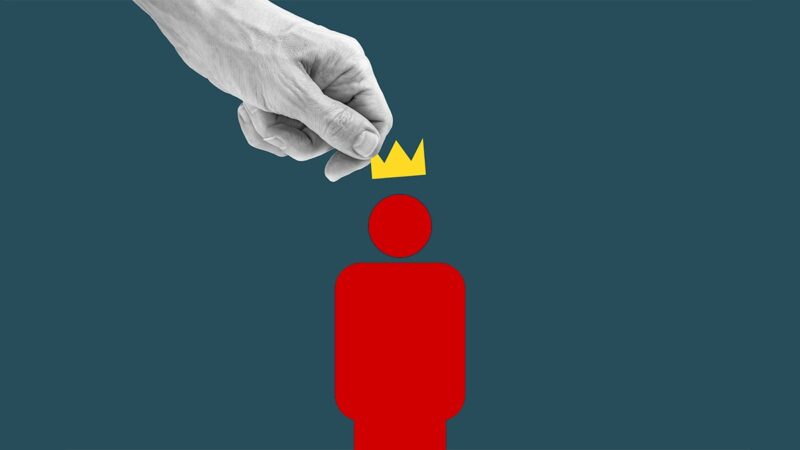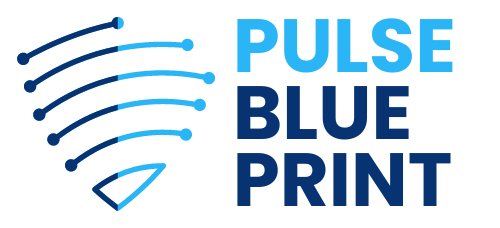Recognition can’t be an afterthought. The best companies retain talent by rewarding it in smart, memorable ways. Basic bonuses and coffee gift cards don’t inspire people to stay. Leaders must go further.
In 2025, rewarding high performers means giving them something that feels personal and earned. Something that says, “You matter here.” When you reward well, productivity follows.
Key Highlights
- Monetary rewards alone no longer drive loyalty or engagement.
- Creative perks build stronger emotional connections with employees.
- Experiences create lasting memories tied to company culture.
- Recognition boosts motivation and lowers turnover rates.
- Personalization increases the perceived value of any reward.
- Small gestures often outperform expensive but generic gifts.
Think Experiences, Not Just Expenses

A one-time cash bonus fades quickly from memory. People forget it after the next tax cycle. What they remember is how something made them feel. That’s why experiences work better than money.
Let’s say your top sales lead crushed Q1 targets. Instead of a basic voucher, offer something unexpected.
People don’t remember another gift card. They remember what they felt. That’s why experiences work—they stick.
A few solid examples:
- A Nile Cruise – A full cultural escape that goes beyond relaxation. Sailing past ancient temples, taking in history, and experiencing luxury service can make someone feel like they’ve truly earned something special. It’s not just time off—it’s a reward with a story behind it.
- Weekend getaway at a boutique hotel – Give them a chance to unplug in a quiet place, with good food and no work stress. Sometimes a change of scenery does more than a raise.
- Private cooking class with a top chef – Great for food lovers. It’s fun, skill-based, and easy to personalize.
- Tickets to a live event they actually care about – Think concerts, sports finals, or theater shows. Ask what they love and surprise them with access.
- Personal wellness day – Cover a full-day spa treatment, yoga retreat, or even a cold-plunge and massage package. Something that helps them reset.
- City pass to explore a new destination – Let them pick a city, and you handle the hotel and city attraction passes. It feels spontaneous, even if it’s planned.
The point isn’t to spend more. It’s to make the reward count. Tailor it to the person, not the position. When you get it right, you don’t just thank someone—you keep them.
Let Them Choose Their Own Reward

Autonomy increases satisfaction. Offering employees a curated menu of rewards lets them feel in control of how they’re appreciated.
Some ideas to include in a reward menu:
- Extra paid time off
- Annual gym memberships
- Conference trips related to their professional growth
- A high-end restaurant dinner for two
- Home office upgrades
Keep it practical, but also desirable. Don’t guess—ask. Poll employees anonymously about what motivates them. Then craft options from real preferences, not assumptions.
Recognition in Public, Value in Private
Employees want their hard work acknowledged. A personal thank-you note matters. A shout-out at the monthly meeting builds confidence. But the actual reward should feel intentional and exclusive.
Public praise reinforces culture. Private rewards add meaning.
Avoid one-size-fits-all moments like a “Top Employee” plaque. Instead:
- Highlight achievements in the company newsletter.
- Feature them in a company blog or podcast.
- Let them present their success story to leadership.
Employees feel seen when their work is part of the bigger picture. Recognition rooted in real performance signals fairness and builds trust.
Surprise Rewards Work Best

Anticipated perks start to feel like entitlements. Unexpected ones trigger real emotion. Use spontaneous rewards to reinforce positive behavior without waiting for end-of-year reviews.
Examples of surprise rewards:
- Deliver lunch from their favorite restaurant on a busy day
- Give an unexpected Friday off after a big launch
- Send a thank-you package to their home after a client win
These moments spark loyalty. They also break monotony. Surprise creates emotional spikes—exactly what you need to build memorable reward systems.
Don’t Forget Personal Development
The best employees care about growth. Instead of just celebrating performance, invest in their potential. Give them tools to level up.
Offer them:
- Premium access to learning platforms
- Executive coaching sessions
- A seat at an industry roundtable
- Books curated by top thinkers in your field
You’re telling them they have a future here. You’re giving more than a reward—you’re showing belief.
Pair learning with real perks. For example, wrap a personal development package inside a two-day stay at a countryside villa. Or include a leadership course with travel to a top networking event.
This isn’t just a reward—it’s a signal of career acceleration.
Employee Spotlight Days

Set up a monthly “Spotlight Day” to put one standout employee front and center. It’s a simple way to highlight someone’s work in a fun, low-pressure way that the whole team can get behind.
Pick one person who’s gone above and beyond. Let them take over for the day—not in a big flashy way, just small things that make them feel appreciated.
Here’s what it can look like:
- They choose the office playlist for the day
- You decorate their desk with a few personal touches
- Bring in their favorite breakfast or coffee order
- Give them space to send out a short company-wide message or insight they’ve learned
None of this takes much time or money, but it sends a clear message: we notice you, and we value what you bring to the team. It also lifts the mood across the office. When people see recognition happening regularly—and done right—it encourages them to step up too. It’s not just about one person. It creates a culture where effort gets noticed and celebrated.
Tiered Reward Systems Drive Consistency

Instead of rewarding sporadically, create a structured reward system based on performance tiers. The goal is to build consistency across departments and make sure excellence is always rewarded.
Structure it like this:
- Tier 1 (Quarterly Excellence): A bonus or flexible Friday
- Tier 2 (Department MVP): Choose-your-reward menu access
- Tier 3 (Company-Wide Top Performer): Premium experience like travel or leadership coaching
Make sure managers track and submit results regularly. Use performance data, peer nominations, and feedback from clients. That balance reduces bias and creates trust in the system.
Customize for Remote and Hybrid Teams
Not every reward works equally for every work model. Remote teams need digital-friendly perks. Hybrid workers value flexibility.
For remote employees, consider:
- Food delivery credits
- Premium Zoom backgrounds or tech gadgets
- Subscription to relaxation apps or audiobook platforms
For hybrid workers:
- Gas cards
- Weekly work-from-home upgrade kits
- Preferred parking for office days
The key is making rewards feel just as thoughtful no matter the work location. Show that proximity doesn’t define recognition.
Final Thoughts
The best rewards aren’t always about money. They’re about giving people something that feels real and personal. When someone knows their work is noticed, they care more about doing it well.
You can’t get that with generic bonuses or the same speech every quarter. People want to feel like their effort actually counts. That means giving rewards that make sense for them—not just what’s easy to hand out.
You don’t need a big budget. But you do need to know what your team values. Pay attention, ask questions, and act on what you learn.
In the end, people stay where they feel appreciated. Make that part of how your company works every day.
Hey there! I’m Isla Craig. I’ve spent years diving into the ins and outs of the modern workplace, helping people get ahead and feel good about their careers. From boosting productivity to nailing leadership skills and personal growth, I’ve got a bit of experience in it all.
On our website, my mission is simple: give you the tools and tips you need to rock your career and enjoy a balanced life. I’m here to be your go-to source for advice and inspiration, no matter where you are in your professional journey.







